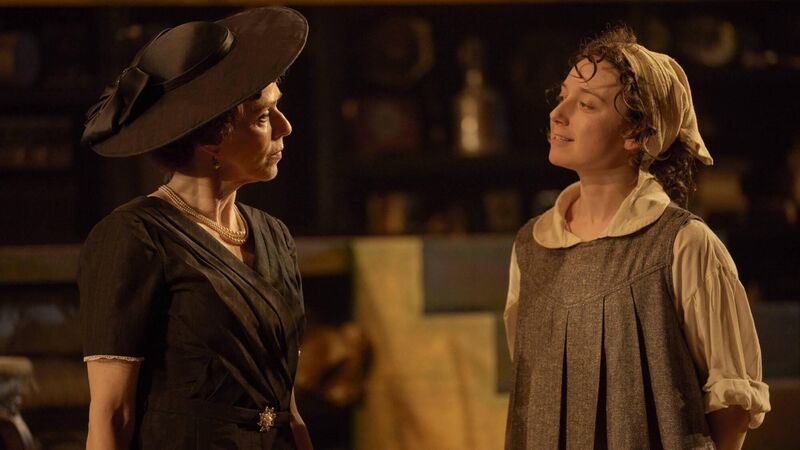Theatre review: A bright take on Children Of The Sun, at the Abbey

Fiona Bell and Eavan Gaffney in Children Of The Sun. Picture: Ros Kavanagh
★★★★☆
If Anton Chekhov depicted a world coming to an end amid increasing social and economic turmoil between the 1890s and early 1900s, Maxim Gorky takes things one step further here, in a 1905 play written when the forces of history were beginning to cohere, when what lay in store for Russia was becoming ever clearer.




